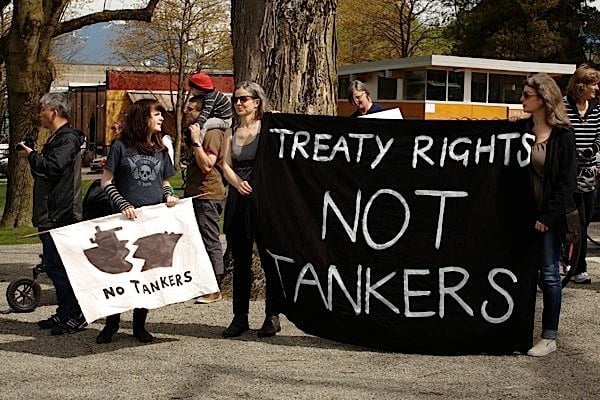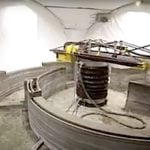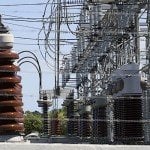With the recommendation of the National Energy Board Joint Review Panel now in its favour, Enbridge expects to receive government approval for its controversial Northern Gateway pipeline by July. The panel gave its decision yesterday, following eighteen months of public hearings held in communities along the route of the pipeline. The recommendation states that the pipeline would be in the public interest “if built and operated in compliance with the conditions set out” in its report. The report contains 209 conditions.

Quoting from the panel’s decision, Enbridge said in a statement that “Canada and Canadians would be better off with the Enbridge Northern Gateway project than without it.” The company is reviewing the panel’s recommendations. One of them is the requirement that Enbridge take on $950 million in liability insurance and maintain $100 million in cash on hand to respond immediately to a spill or accident.
“From the beginning of this project, Northern Gateway has worked with one goal in mind: to access new markets by building a safer, better pipeline,” said Janet Holder, leader of the Northern Gateway Project. “The Joint Review Panel conducted the most comprehensive and science-based pipeline review in Canadian history and their report reflects the input of thousands of Canadians. Their report is an important step towards that goal.”
The Northern Gateway pipeline project, costing an estimated $7.9 billion and consisting of 1,177-kilometre twin pipelines and a marine terminal in British Columbia, will be designed with “world-class spill prevention, response and recovery” measures, Enbridge said. It will transport 525,000 barrels of crude per day for export by tanker to Asia. It would mean about 3,000 construction jobs, as well as 560 long-term jobs in BC, the company said, as well as bringing in $1.2 billion in tax revenues over thirty years.
Some business leaders have expressed their support of the review panel’s decision. John Manley, president of the Canadian Council of Chief Executives and former Deputy Prime Minister of Canada (2002–2003) said in a release that Canada “badly needs new pipeline infrastructure” to help the country attract foreign investment and access new global markets.

































